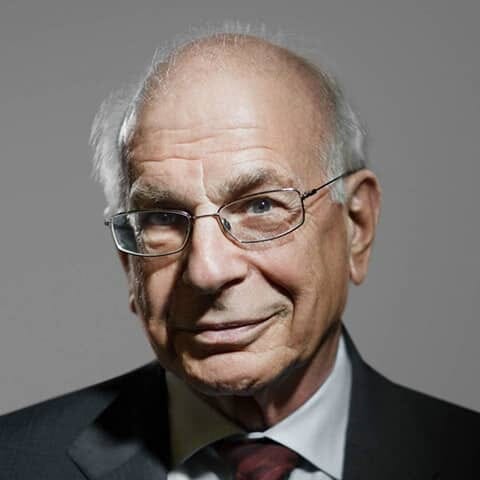 author
authorDiscover the Best Books Written by Freeman J. Dyson
Freeman John Dyson FRS was an English-American theoretical physicist and mathematician known for his works in quantum field theory, astrophysics, random matrices, mathematical formulation of quantum mechanics, condensed matter physics, nuclear physics, and engineering. He was Professor Emeritus at the Institute for Advanced Study in Princeton and a member of the Board of Sponsors of the Bulletin of the Atomic Scientists.
Dyson originated several concepts that bear his name, such as Dyson's transform, a fundamental technique in additive number theory, which he developed as part of his proof of Mann's theorem; the Dyson tree, a hypothetical genetically engineered plant capable of growing in a comet; the Dyson series, a perturbative series where each term is represented by Feynman diagrams; the Dyson sphere, a thought experiment that attempts to explain how a space-faring civilization would meet its energy requirements with a hypothetical megastructure that completely encompasses a star and captures a large percentage of its power output; and Dyson's eternal intelligence, a means by which an immortal society of intelligent beings in an open universe could escape the prospect of the heat death of the universe by extending subjective time to infinity while expending only a finite amount of energy.
Dyson disagreed with the scientific consensus on climate change. He believed that some of the effects of increased CO2 levels are favorable and not taken into account by climate scientists, such as increased agricultural yield. Further, the positive benefits of CO2 likely outweigh the negative effects. He was skeptical about the simulation models used to predict climate change, arguing that political efforts to reduce causes of climate change distract from other global problems that should take priority.
Dyson was born on 15 December 1923 in Crowthorne in Berkshire, England. He was the son of Mildred (née Atkey) and the composer George Dyson, who was later knighted. His mother had a law degree, and after Dyson was born, she worked as a social worker. Dyson had one sibling, his older sister, Alice, who remembered him as a boy surrounded by encyclopedias and always calculating on sheets of paper. At the age of four, he tried to calculate the number of atoms in the Sun.
As a child, he showed an interest in large numbers and in the solar system and was strongly influenced by the book Men of Mathematics by Eric Temple Bell. Politically, Dyson said he was "brought up as a socialist." From 1936 to 1941 Dyson was a scholar at Winchester College, where his father was Director of Music. At the age of 17, he studied pure mathematics with Abram Besicovitch as his tutor at Trinity College, Cambridge, where he won a scholarship at age 15.
During this stay, Dyson also practiced night climbing on the university buildings and once walked from Cambridge to London in a day with his friend Oscar Hahn, nephew of Kurt Hahn, who was a wheelchair user due to polio. At the age of 19, he was assigned to war work in the Operational Research Section (ORS) of RAF Bomber Command, where he developed analytical methods for calculating the ideal density for bomber formations to help the Royal Air Force bomb German targets during the Second World War.
After the war, Dyson was readmitted to Trinity College, where he obtained a BA degree in mathematics. From 1946 to 1949, he was a fellow of his college, occupying rooms just below those of the philosopher Ludwig Wittgenstein, who resigned his professorship in 1947. In 1947 Dyson published two papers on number theory. Friends and colleagues described him as shy and self-effacing, with a contrarian streak that his friends found refreshing but intellectual opponents found exasperating.
"I have the sense that when consensus is forming like ice hardening on a lake, Dyson will do his best to chip at the ice," Steven Weinberg said of him. His friend, the neurologist and author Oliver Sacks said: "A favorite word of Freeman's about doing science and being creative is the word 'subversive.' He feels it's rather important not only to be not orthodox but to be subversive, and he's done that all his life."
Best author’s book



Written books
1



















